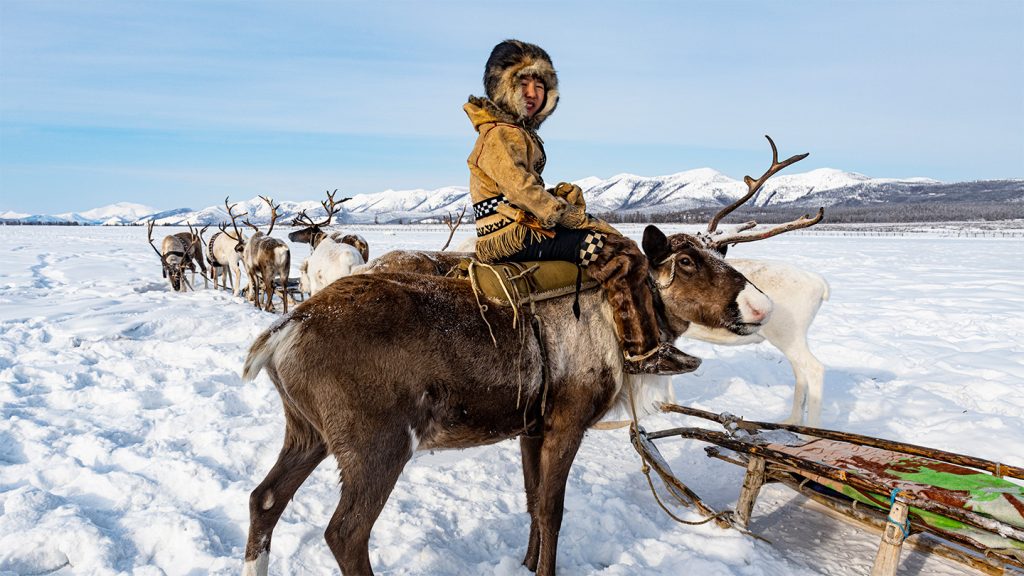Recent research has highlighted the importance of traditional cultures in teaching us valuable lessons about navigation and wayfinding. Studies by Velasco and Spiers (2024) and Velasco and Gleizer (2023) explore the wayfinding culture of Evenki reindeer herders and hunters, emphasizing the significance of mental maps, practical mastery, and environmental experience in navigating vast terrains. These findings shed light on how traditional knowledge can offer valuable insights into navigation techniques that differ from modern methods.
The concept of the “ecological brain” proposed by Vigliocco et al. (2023) reframes the study of human behavior and cognition, highlighting the interaction between individuals and their environment. This perspective underscores the importance of considering environmental factors in understanding cognitive processes, including spatial abilities and navigational skills. The research by Davis, Gurven, and Cashdan (2023) further explores how navigational experience influences the preservation of spatial abilities into old age, particularly among tropical forager-farmer populations.
Schug et al. (2022) investigate the role of childhood experiences in reducing gender differences in spatial abilities, demonstrating how cultural factors can shape cognitive development. This cross-cultural study challenges traditional assumptions about innate gender disparities in spatial skills and emphasizes the impact of early environmental influences on cognitive differences. Moreover, Barhorst-Cates et al. (2021) examine the effects of home environment structure on navigation preference and performance, highlighting the cultural variations in spatial cognition between Veneto, Italy, and Utah, USA.
In a study by Davis, Stack, and Cashdan (2021), cultural change is shown to reduce gender differences in mobility and spatial ability among seminomadic pastoralist-forager children in northern Namibia. This research underscores the dynamic nature of cognitive development and the influence of sociocultural factors on spatial cognition. Additionally, Dahmani and Bohbot (2020) find that habitual use of GPS negatively impacts spatial memory during self-guided navigation, suggesting potential drawbacks of overreliance on technology for wayfinding.
The research by Davis and Cashdan (2019) delves into spatial cognition, navigation, and mobility among children in a forager-horticulturalist population, the Tsimané of Bolivia. This study highlights the adaptive nature of cognitive skills in response to environmental demands, emphasizing the importance of cultural context in shaping navigational abilities. Overall, these studies collectively emphasize the complex interplay between cultural practices, environmental influences, and cognitive development in shaping human navigation and wayfinding abilities. By integrating insights from traditional cultures with modern research, valuable lessons can be learned about the diverse ways in which individuals navigate and interact with their surroundings.


